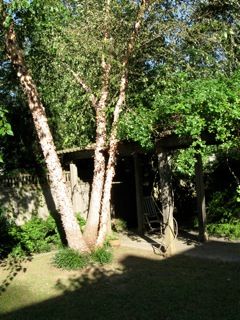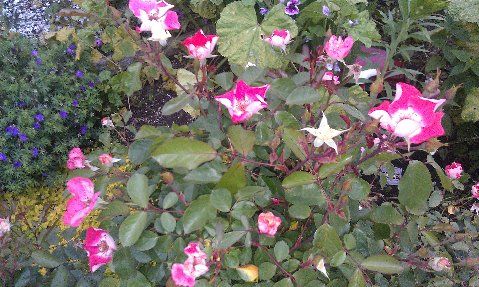With thanks to Will S.
by Elaine Greene Weisburg
Shall I compare thee to a winter’s day?
Thou art more turbulent and bleak
As icily you struggle to assay
The manifold resentments that you seek.
While oft December’s cruel gales subside
You ne’er permit tranquility to reign.
Daily disappointments do abide
To sate your endless appetite for pain.
For thee, alas, the winter will not yield
To gentle springtime’s optimistic green.
Your pessimism is your steely shield
And you will to an endless winter lean.
As seasons change for other eyes to see
Relentless gloom’s your perpetuity.
For more than three decades Elaine Greene Weisburg was an editor-writer at House & Garden and House Beautiful. Although also a memoirist, she only dared to try poetry in an IRP class.


